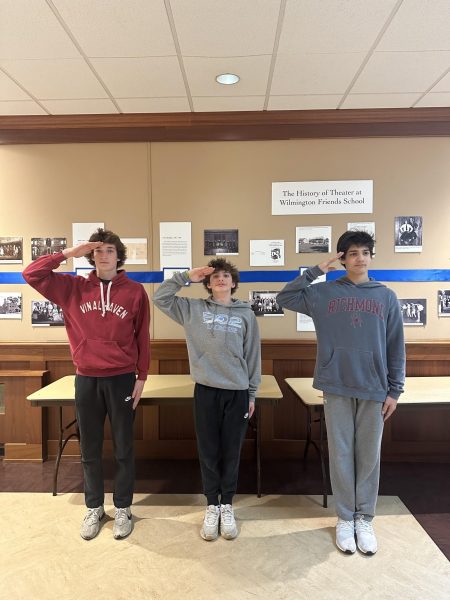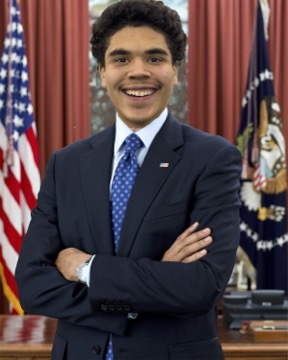Controversies of the World Cup
Homecoming 2015: Freedom Issue
The FIFA World Cup’s enormous and costly events affect the countries involved, and numerous people around the world in ways that most do not realize. The simple idea of people coming together to watch soccer can generate controversial activity, such as overspending and unfair treatment of workers.
Over the summer Louisa Spinner, ‘18 had the chance to visit Canada to see the 2015 World Cup. Spinner said, “Although the World Cup attracts a lot of attention t0 the country it is in, it also causes a lot of disruption.”
Since it was decided that the 2022 World Cup would be held in Qatar, the country has not received much support. The idea was immediately questioned due to the country’s human rights and poor worker safety records. Qatar has begun to build an infrastructure to accommodate for the tournament, but it is seen that the working conditions for the workers on the buildings could be perceived as potential slave labor. Joslyn Gardner ‘16, clerk of Amnesty International, commented, “I think something needs to happen now to help the workers because they have complained to the press about their horrible living conditions. They live in hostels with 300 men and 20 rooms.” FIFA will be raising the number of qualifying teams to 32 and the past Canada 2015 fan attendance was approximately at 1,000,000. Qatar’s solution to this problem has been very controversial ever since the public was made aware of the situation.
The modifications being made in Qatar to host in 2022 are major, and the country is attracting many people to help build for them. Gardner explained, “Qatar attracts labor by making false promises to mostly Southern Asians. They keep them there under Kafala law, where they have to surrender their passports to their employer.” The Kafala System is used to monitor migrant workers, requiring laborers to have an in-country sponsor, usually their employer, making them responsible for the workers’ visa and legal status. This policy has been criticised by many organizations, relating again to their faulty human rights records. An estimated 4,000 of these workers will die in the process of building for FIFA. Gardner concluded, “Qatar’s laws legalize this treatment, and the participating countries need to take a stand against this inhumane treatment.”
Another disputed aspect of the World Cup is regarding the costs and profits. Gardner said, “Qatar is hoping that in hosting, it would bring more wealth to the nation, but they are trying to make this wealth unjustly off the backs of slave labor.” In addition to the overpriced costs and profits being produced in Qatar, a further altercation concerning money is the discovery of corruption in FIFA. Currently, FIFA and Qatar are being charged by the United States of corruption and money laundering. The U.S. investigation was started by the bidding process for the Russia 2018 and Qatar 2022 World Cups, but then expanded to look at the past 20 years and the dealings of their governing body. In May 2015, 14 people were indicted of corruption charges, including current and former FIFA officials and associates. The corruption found members being associated with bribery and also allowing them to get kickbacks. FIFA claims that the decisions which named Russia and Qatar host countries would not be reconsidered, even though both were already disputed selections.
The FIFA World Cup has gained attention on controversial subjects based on the group’s money affairs and slave labor toward the building of Qatar’s new infrastructure. The ways in which the World Cup has affected people around the world has gone relatively unnoticed. One of the WFS soccer coaches, Chamby Zepeda stated, “Most countries around the world do not know the entire details of the situation and this needs to be addressed.” These unsettling issues must be brought more notice and need to continue to be discussed to educate people about these highly conflicting topics.






































